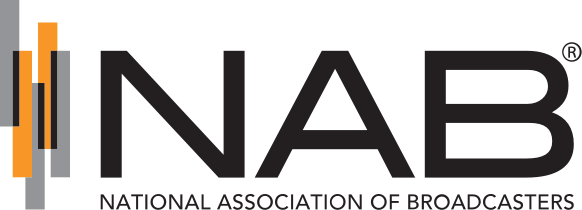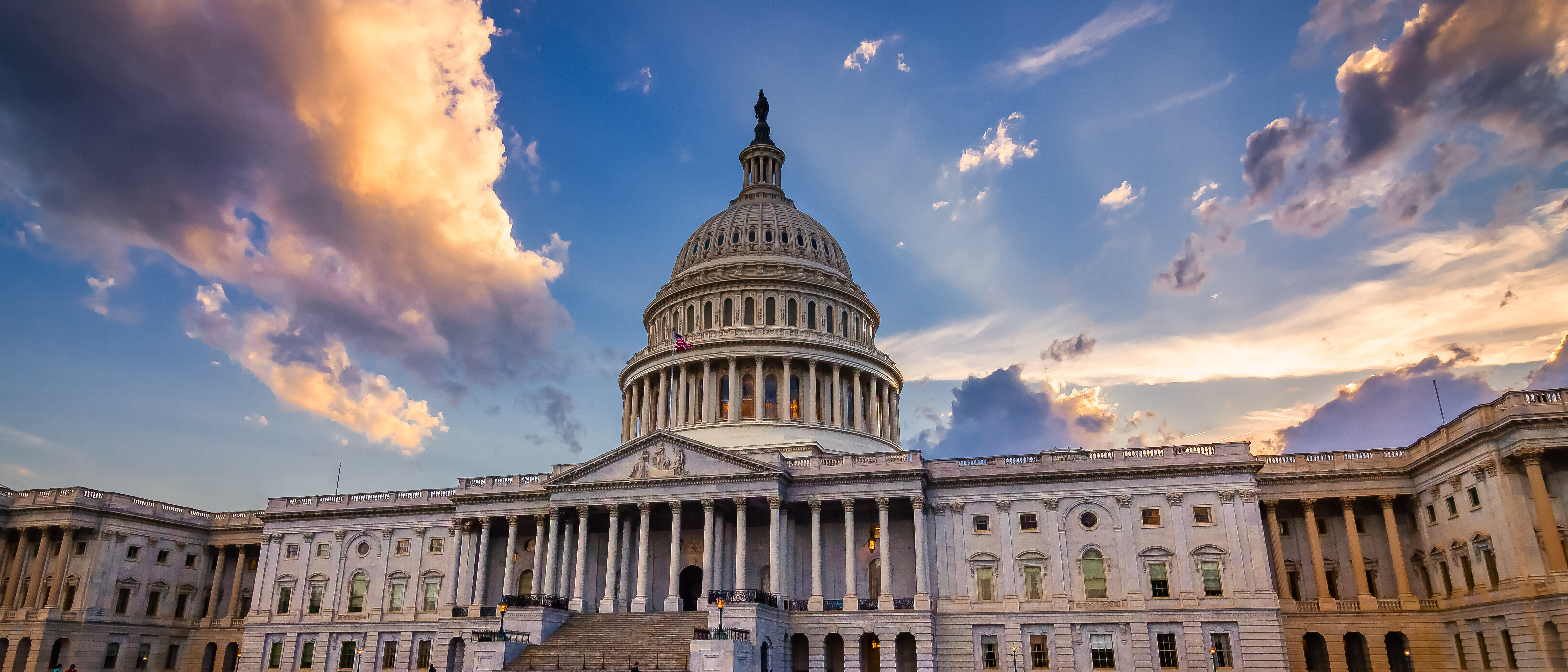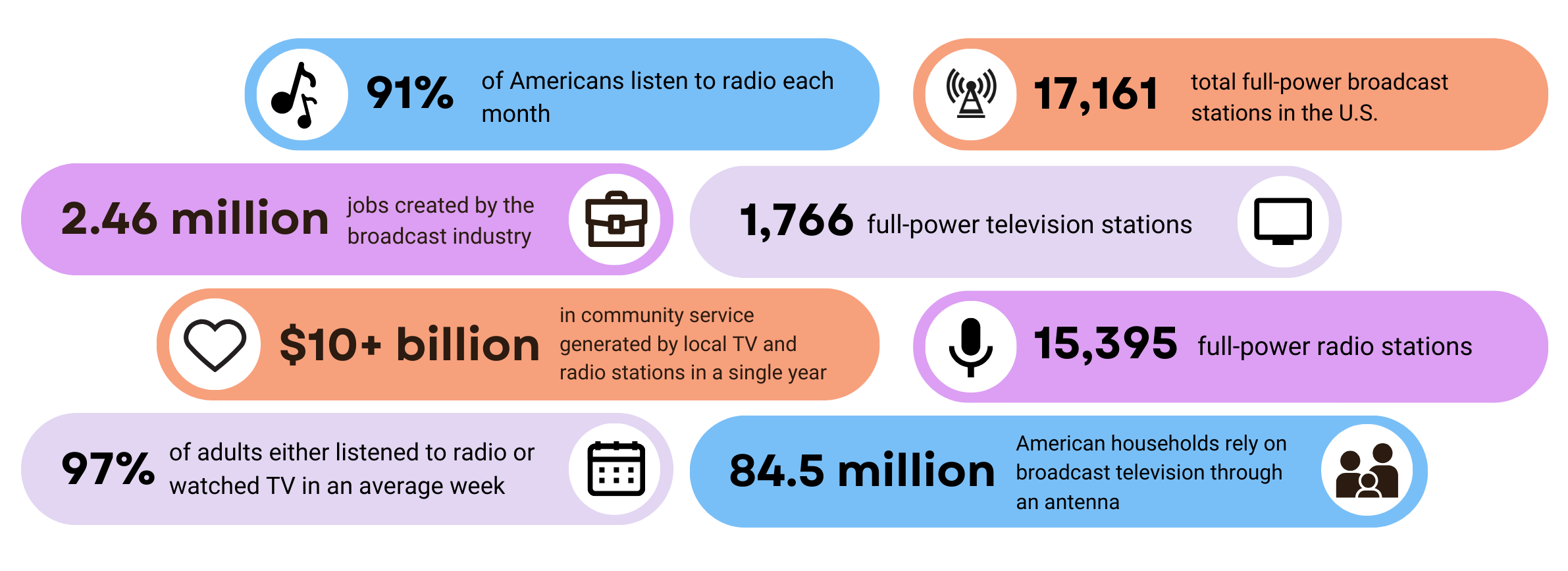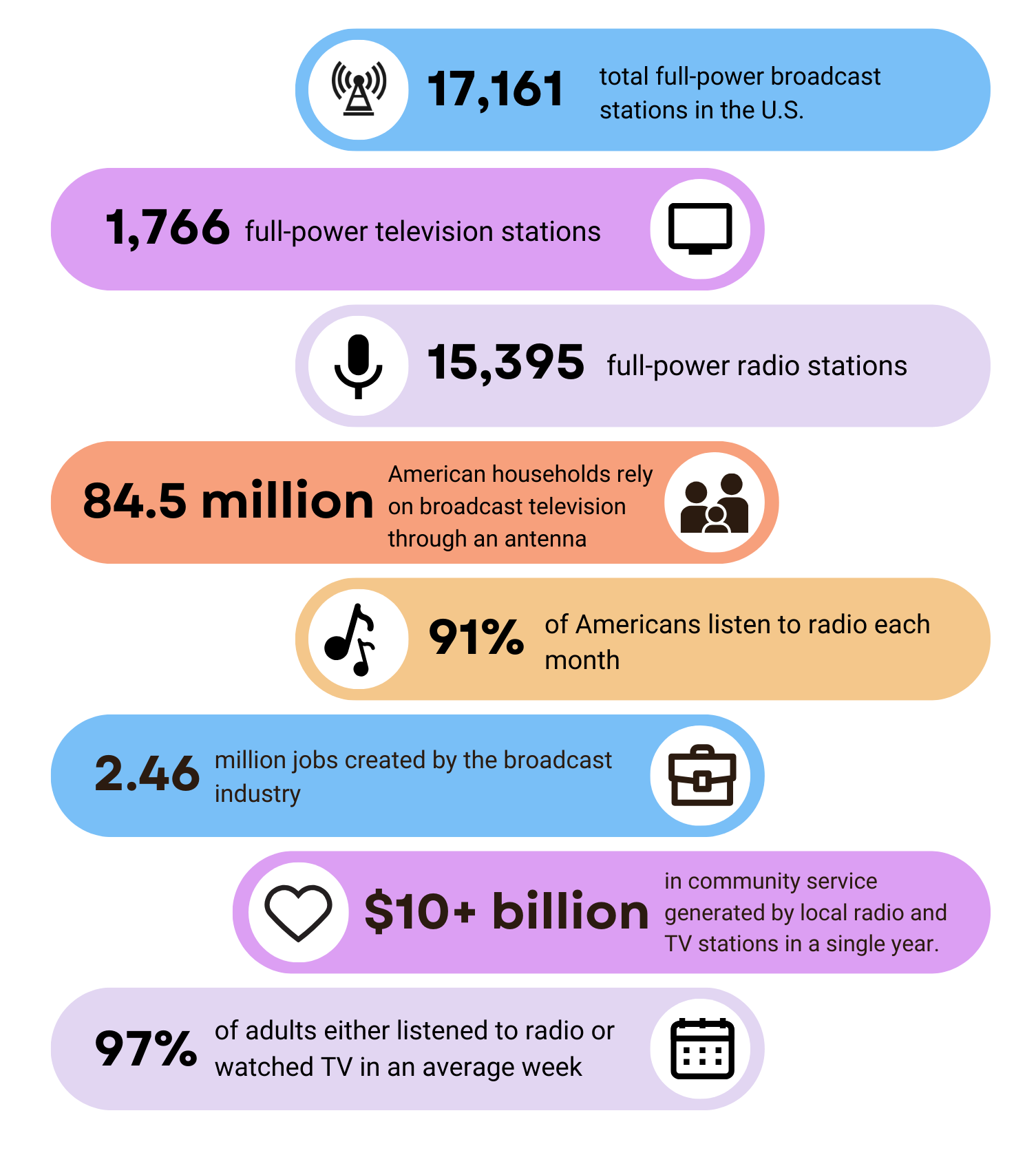
Broadcasters' Policy Priorities
119th Congress
Every day across America, local television and radio stations are supporting their communities in essential ways.
Broadcasters are delivering trusted journalism and verified information about issues that impact Americans.
They are inspiring and entertaining viewers and listeners with the most popular content.
And, they are offering a lifeline during times of crisis.
We are pleased to share this overview of broadcasters' important role in every community and our policy priorities in the 119th Congress that impact local stations' ability to provide vital services to your constituents.














